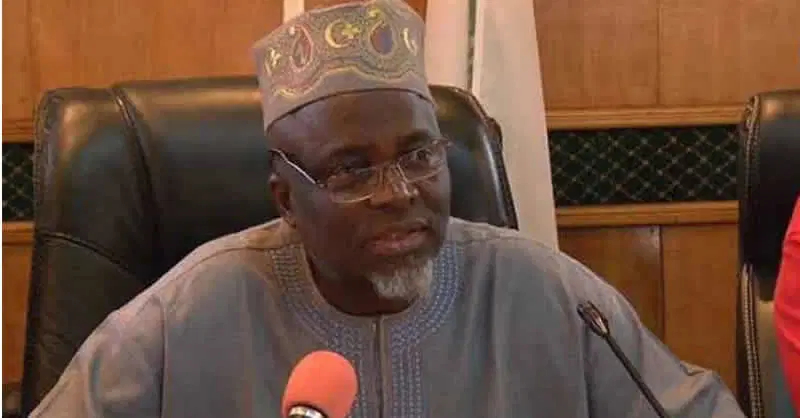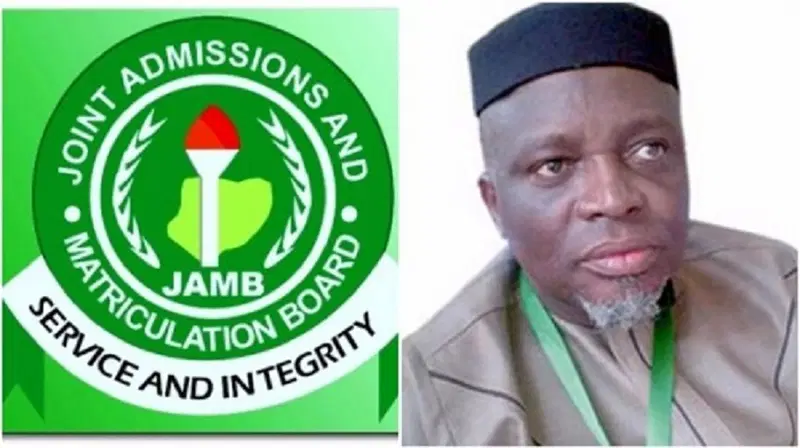The Secretary-General of the Nigerian Supreme Council for Islamic Affairs (NSCIA), Ishaq Oloyede, has urged South-West leaders to endorse the formation of Sharia panels in the region.
Oloyede, who also serves as the Registrar of the Joint Admissions and Matriculation Board (JAMB), emphasised that the creation of Sharia panels would contribute to fostering peace and religious harmony in the South-West.
Recall that controversy has erupted in South-West Nigeria over the establishment of Sharia panels, with Muslim leaders stressing their right to self-determination, while non-Muslim groups raise concerns about the potential implications of these panels.
He expressed concern over the lack of understanding surrounding the issue, pointing out that Sharia panels have existed in the region for years.
He said, “I believe that Nigeria is great and Nigeria will continue to be great, but it requires a lot of rethinking. Recently, people are talking about Sharia panels in South-West and I was just smiling; I was smiling that I had never seen that level of ignorance being displayed,” he said during an appearance on Inside Sources with Laolu Akande, on Channels Television.
“Sharia Panel in Oyo State, somebody did a PhD thesis on it in 2007, which means it had been there before 2007. The person who wrote on that appraisal is a professor today in Ibadan. He is Prof Makinde, and the governor coincidentally is Makinde. I don’t know whether they are related.”
While discussing religious tolerance in the region, Oloyede pointed out that Muslims in the South-West are psychologically burdened by the peaceful coexistence enjoyed in the zone.
His words: “When you have such a situation (of religious tolerance) and you do not continue to monitor what you are doing, you will be living in the past. I’m a Muslim from the South-West. The Muslims from the South-West pay psychologically for the peace and harmony that we are talking about.
“The churches are licensed by the government to conduct marriages that are statutory, and if you have any dispute within your marriage, you go to government-funded high courts for dispute resolution.
“If there is a dispute in my marriage, where do I go? I don’t have the opportunity because I married according to Islamic rites, I will have to go to customary court where the customary judge knows next to nothing about my faith, about the laws on the basis on which we got married. He would now use customary law to determine Islamic marriage, and the Constitution of Nigeria allows it to say where the state of assembly allows it, there should be Sharia Courts of Appeal.
“There have been Sharia Court of Appeal in different parts of the country, particularly in the northern part of Nigeria. When we say there is harmony, it means somebody is suffering in silence, but when the person speaks, they say, ‘Why are you making noise?’”
He criticized those attacking the Sultan of Sokoto for speaking out, stating that Muslims in Nigeria practice the same Islam and should be able to tolerate one another.



